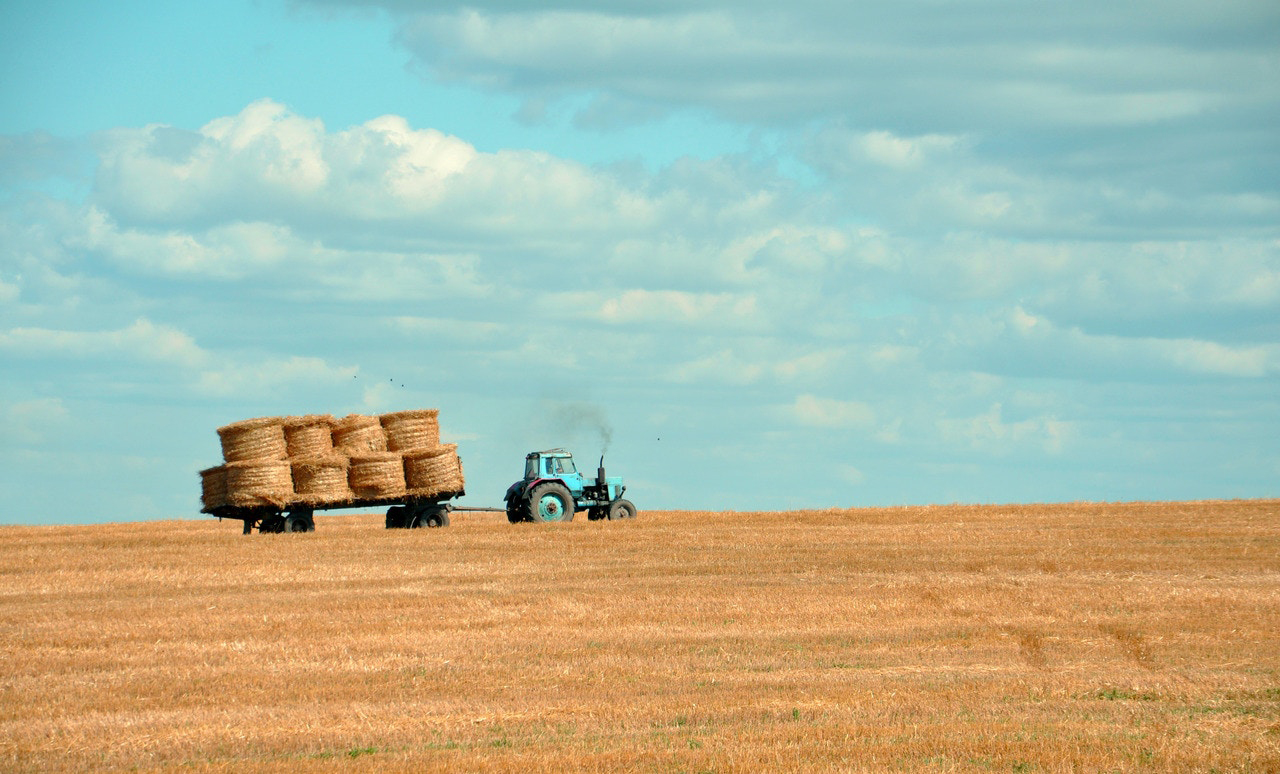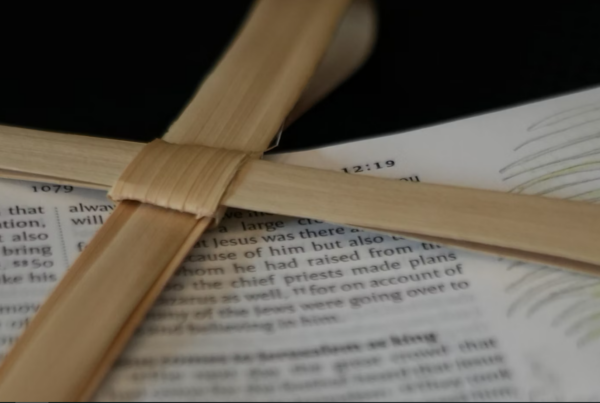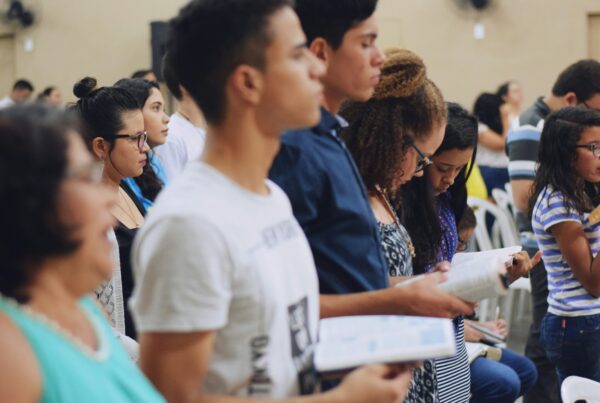In the last six years, Aplington, Iowa, has lost 6 percent of its population. Now at just under 1,100 people, the rural community certainly has its challenges, but Brett Vander Berg, pastor of First Reformed Church in Aplington, says it’s a great place to be. The church is healthy and growing, averaging 115 attendees in a normal Sunday worship service.
We spoke with Vander Berg about small-town ministry—the gift of its slow pace, the challenges of being a public figure, and the stunning generosity of the community.

Brett Vander Berg
Pastor of First Reformed Church in Aplington
What’s life like in a rural, agrarian small town? What’s the setting for your ministry?
It’s unique. There aren’t any stop lights in the entire county, and it’s 99 percent ethnically white, making it one of the most homogenous counties in the country.
Slow feels like an understatement some days. It’s a joy because I can look out my office window, over to my driveway where my kids play. We enjoy the slowness in the community, taking walks downtown, helping neighbors pull weeds, having friends over. The slowness … can also be a challenge. It’s a challenge to my ego because I want things to move fast like technology has taught and shown me, but life in our town doesn’t go fast.
And the people?
The people here are just amazing. We have needs in the community and a lot of poverty. Our church is collecting school supplies for the local school, and the amount of supplies our little church has gathered for the third graders is amazing. It’s really powerful. There are also a number of people in our community who have dementia and don’t have family nearby, so people from the community sort of adopt them—caring for them, picking them up and taking them to church, bringing them groceries. There’s a lot of love here.
“Slow feels like an understatement some days.”
How does the slower pace of life and the small, close-knit community affect your ministry?
Being pastor in this town feels like I’m on call 24/7. I need to be available and present to the people. I keep my schedule pretty flexible because there’s no telling what might happen in a week. I can’t run away from people or problems. They’re going to be there. That means paying attention to what is happening right now in our church and in our community.
There’s very little anonymity in Aplington. Everywhere I go—the park, the bank, the grocery store—everybody knows I’m the pastor, even if they don’t go to our church. … But being public invites me to accountability. People have held me accountable. I’ve learned to say, “I’m sorry. Please forgive me.” That’s healthy.
“I’ve learned to say, ‘I’m sorry. Please forgive me.’ That’s healthy.”
Have there been surprises along the way?
The remarkable gifts of the poorest, most handicapped, those with the least education—I didn’t see any of that coming. Those who the world views as the “least of these” can have some of the most generous, kind, benevolent hearts. There’s a man who lives in one of the local nursing homes, who doesn’t have family here, and who didn’t know anyone in Aplington before he moved. Whenever I go to see him, he gasps out the words “God bless you” and asks about my wife and kids. He’s severely handicapped from a stroke, so it’s a huge effort for him to say these words. Here’s this man who sits in a wheelchair and is spoon fed, and I’ve realized that if he does nothing else in this life but bless people and ask about their kids—what an amazing life!
Everyone has gifts for ministry, and we find joy and fulfillment in using those gifts. That’s the same for all of us. We don’t need to have advanced degrees or upper-level management jobs to use those beautifully in God’s kingdom.
What have you learned about mission and outreach?
The great commandment to love your neighbor as yourself is not a metaphor in Aplington. I’ve had people on disability [insurance] bring bags of clothes over for our kids because their grandchildren didn’t need them anymore. There’s a woman in our church who calls me every week just to encourage me, to talk through the sermon, and to thank me for being her pastor.
It is these particular people whom God has invited me to love, but I’ve realized that my neighbor is loving me as well. When I can see that, receive that, appreciate that, and tell that story, it becomes missional. It’s naming where God is already at work in our community, and I didn’t have eyes to see it until now.
Becky Getz is a writer and editor for the Reformed Church in America's communication team. You can contact Becky at bgetz@rca.org.




